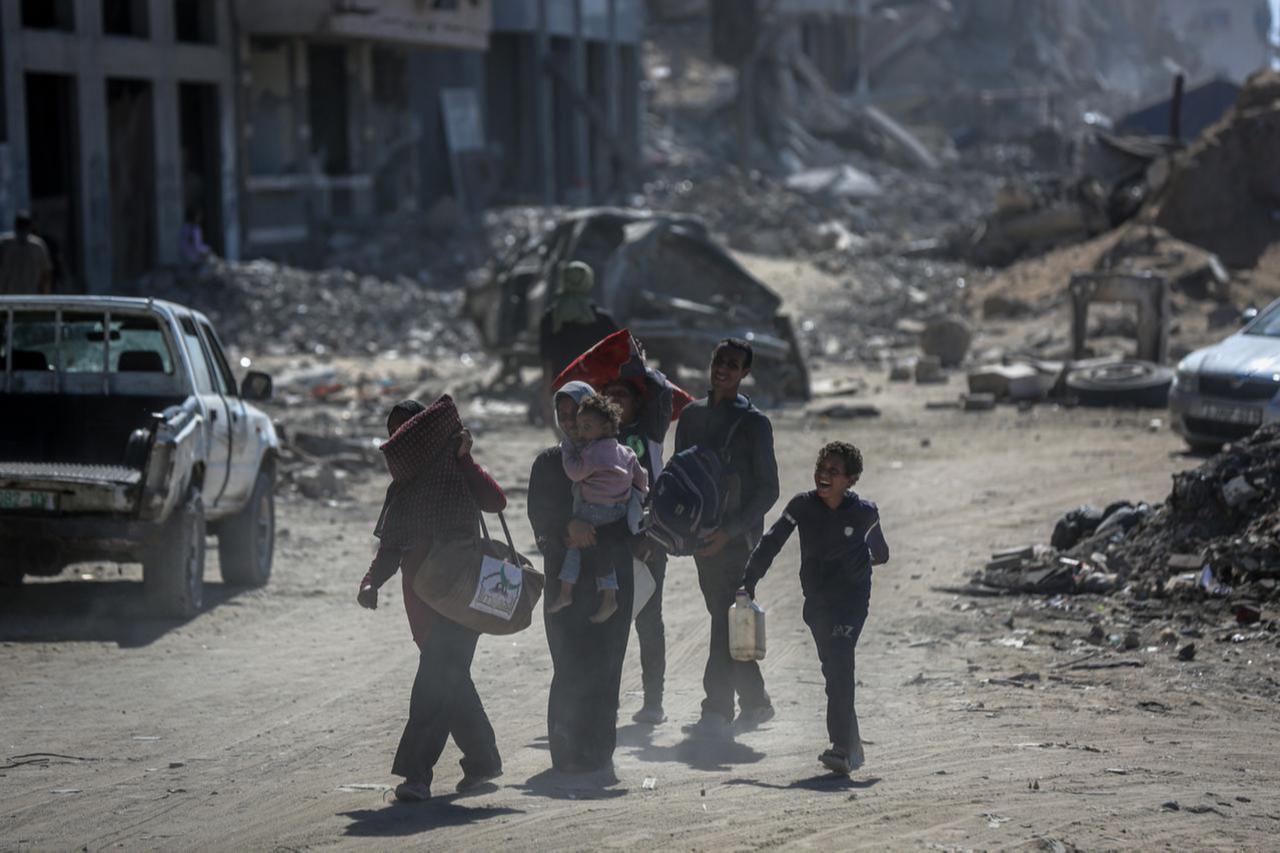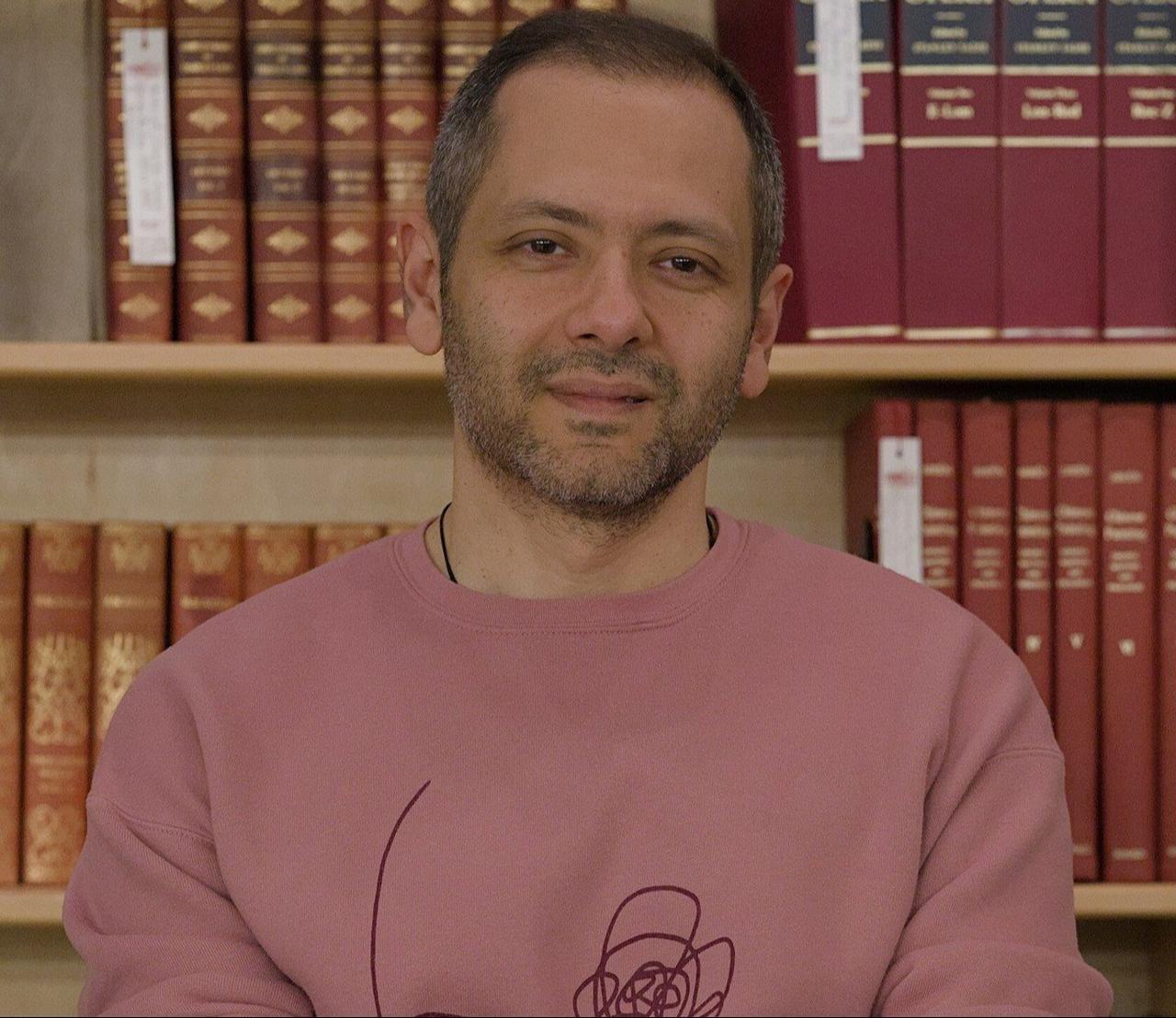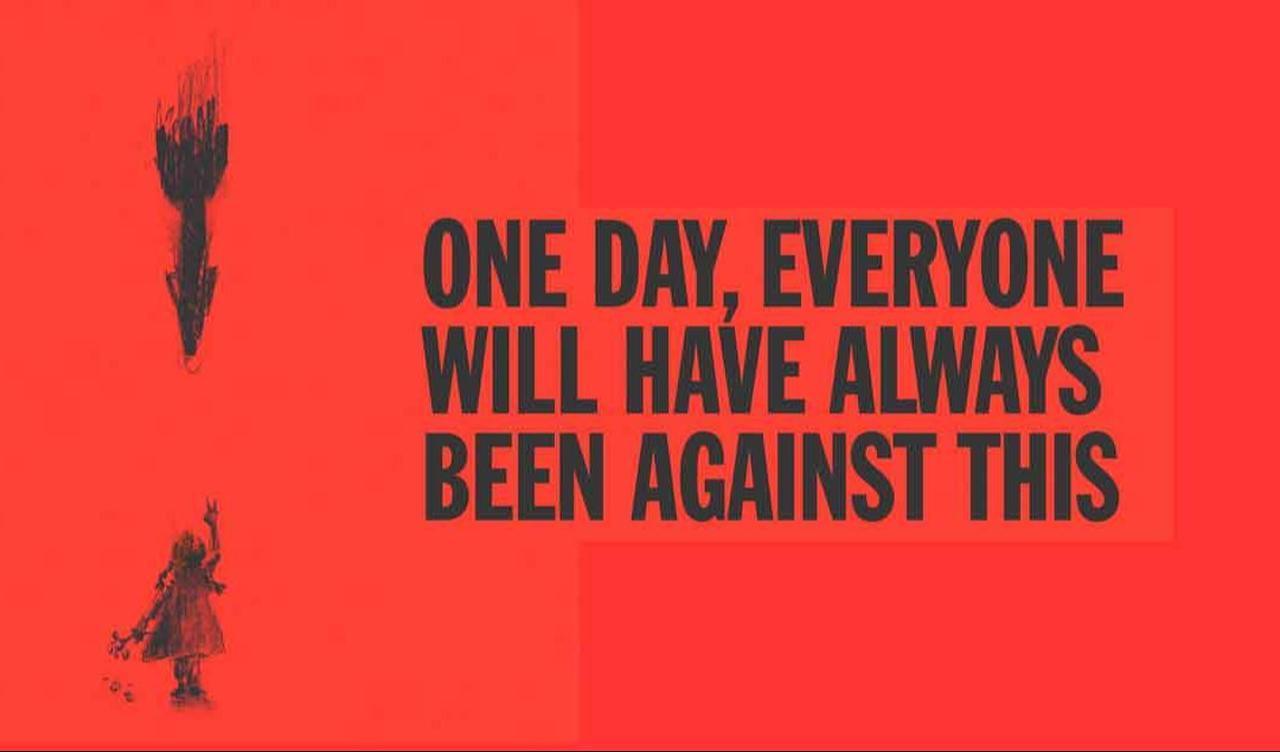
The Gaza war has exposed a global "group cowardice" in confronting injustice, Egyptian-Canadian novelist and former war correspondent Omar El Akkad said, adding that his newly published book, "One Day, Everyone Will Have Always Been Against This," explores silence, complicity, and the moral safety of hindsight.
Speaking in an interview, El Akkad—formerly a reporter for The Globe and Mail—said the book’s title originated from a 2023 post he made during Israel’s assault on Gaza.
"One day, when it’s safe, when there’s no personal downside to calling a thing what it is, when it’s too late to hold anyone accountable, everyone will have always been against this," he said in an interview with bianet.org.
El Akkad reflected on how young generations perceive moral issues differently from institutions that shape them. Although he does not identify as an educator, he noted that students "already possess a strong sense of moral correctness" and often see through oversimplified narratives.
He emphasized teaching young people about the recurring narrative tools of colonialism, such as portraying the oppressed as barbaric to justify exploitation. "The same stories are always used," he said, adding that colonial systems rely on repeating the idea that "this time it’s different."
Discussing social divisions, El Akkad distinguished individual human compassion and the institutional forces that breed hostility. He cautioned that systems based on "endless taking"—whether colonialism or modern capitalism—condition people to act against one another.

"The system doing the taking is never satisfied," he said. Educators, he added, can help students recognize this dynamic and prepare them to resist conditioning that turns "ordinary people against each other."
El Akkad acknowledged the importance of Jewish and Israeli anti-Zionist writers, including Gabor Mate, Nathan Thrall, and activists challenging cultural institutions’ ties to arms manufacturers. However, he questioned why Western audiences often grant greater legitimacy to these voices than to Palestinian journalists who face lethal danger reporting from Gaza.
"The first Western correspondent who files from Gaza will be taken more seriously than Palestinians who have been saying the same thing for years," he said, calling this imbalance a reflection of "the relative unimportance placed on voices closest to the injustice."

Turning to the Gaza war, El Akkad criticized the Canadian government’s delayed recognition of Palestine, calling it "performative" and part of a deliberate failure to prevent mass civilian deaths. "It’s acquiescing to what the world already accepted—under humiliating conditions that would never be imposed elsewhere," he said.
El Akkad said he values "audience discomfort" as a literary tool, referencing Jonathan Glazer’s film The Zone of Interest as a depiction of bystander detachment during atrocity. "By the time the history books have their say, we’ll all be dead," he remarked, arguing that the real test of conscience lies in speaking when it is risky, not safe.
He urged individuals to resist despair and engage in action, however small: contacting representatives, supporting humanitarian groups like the Palestinian Children’s Relief Fund, or amplifying grassroots organizers.
"Nothing is enough and everything matters," he said. "Everyone must decide how troublesome they want to be about this issue."
A former journalist for The Globe and Mail, El Akkad was born in Egypt and raised in Canada, where he covered conflicts in Afghanistan, Guantanamo Bay, and the Arab Spring.
Before turning to fiction, El Akkad reported for nearly a decade from conflict zones across the Middle East and North America. His novels American War (2017) and What Strange Paradise (2021) won multiple literary awards, including the Giller Prize, for their exploration of displacement, morality, and human survival.